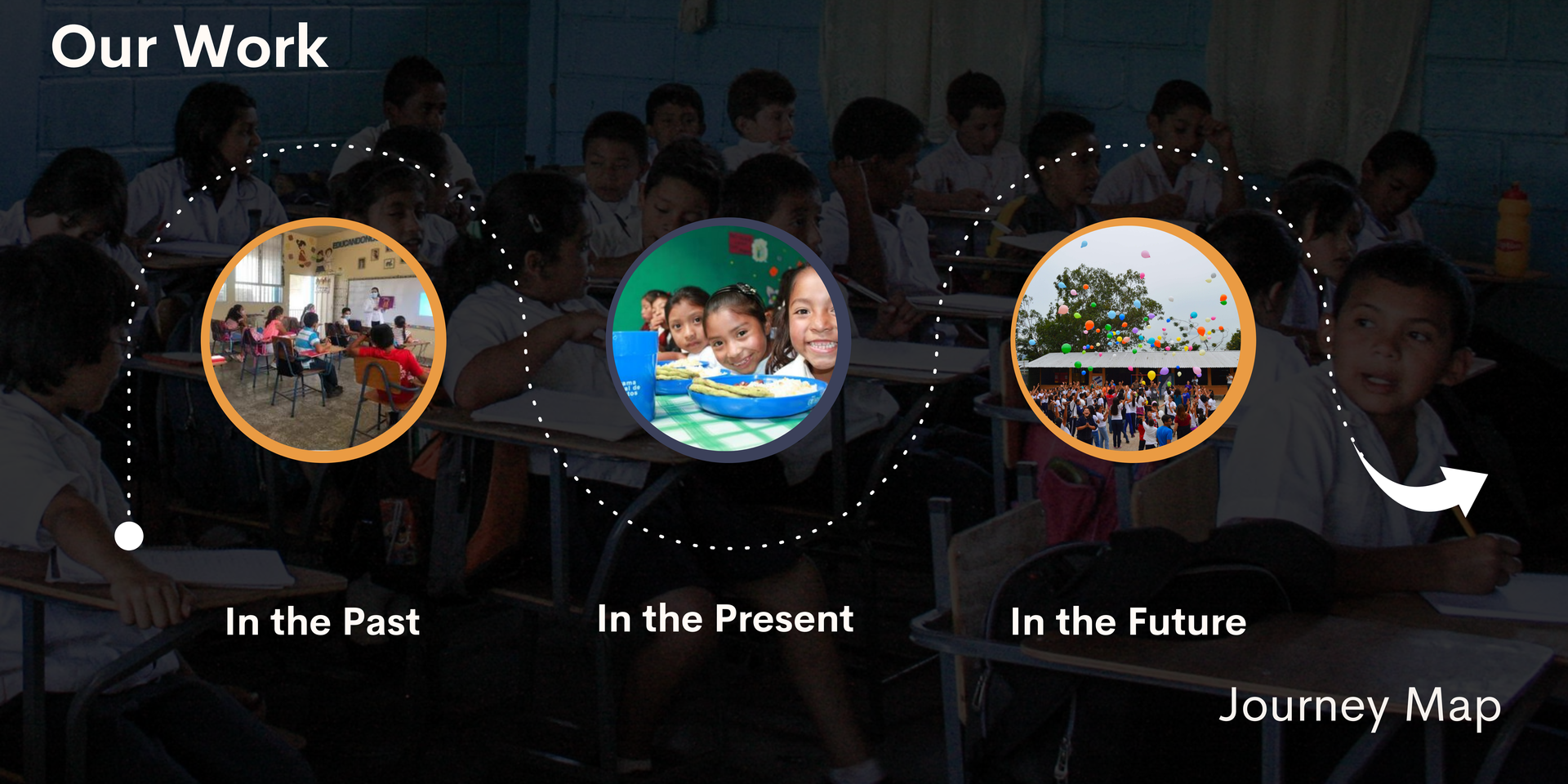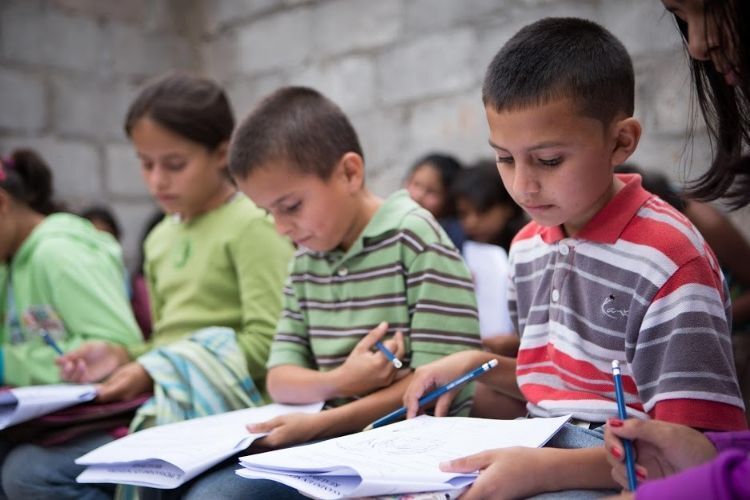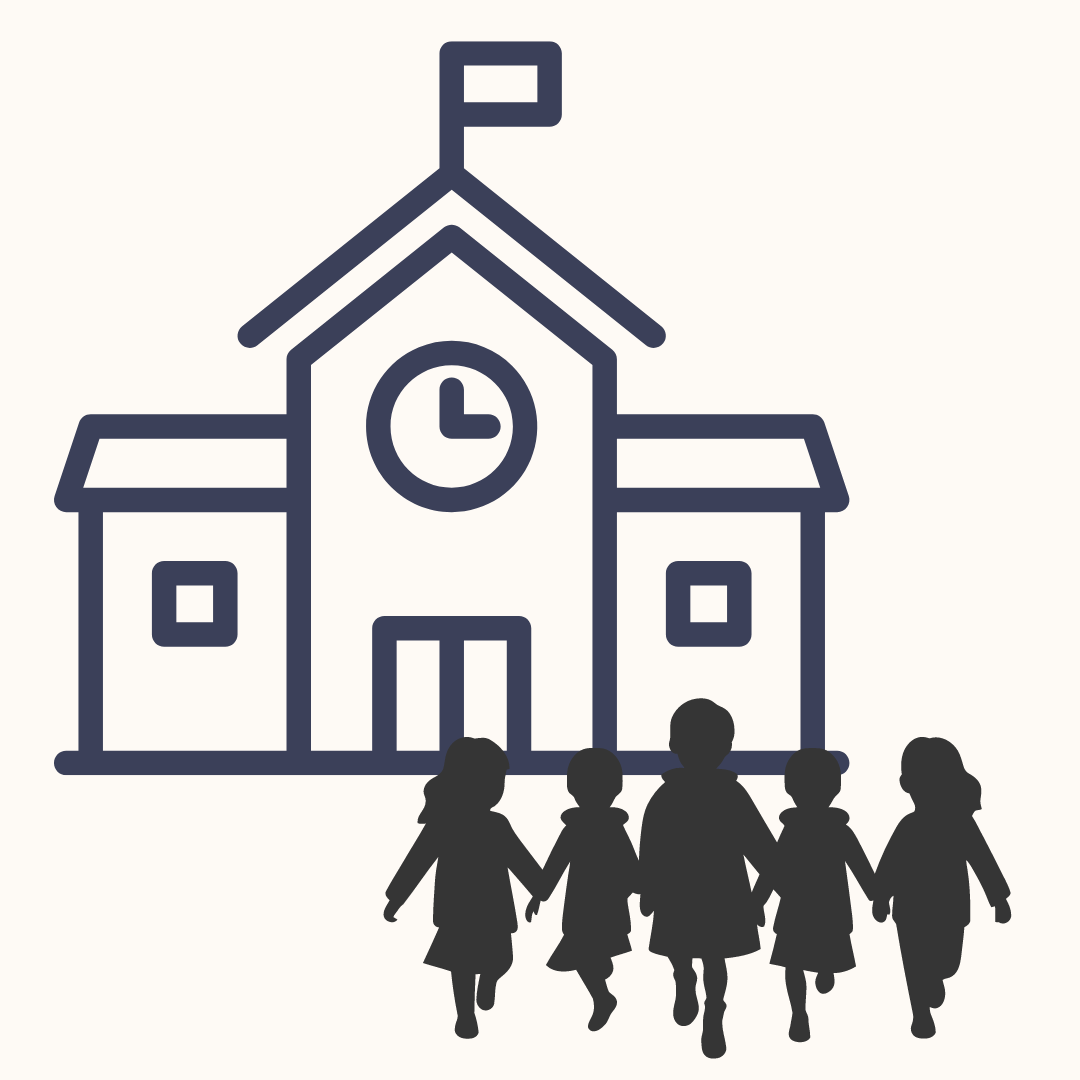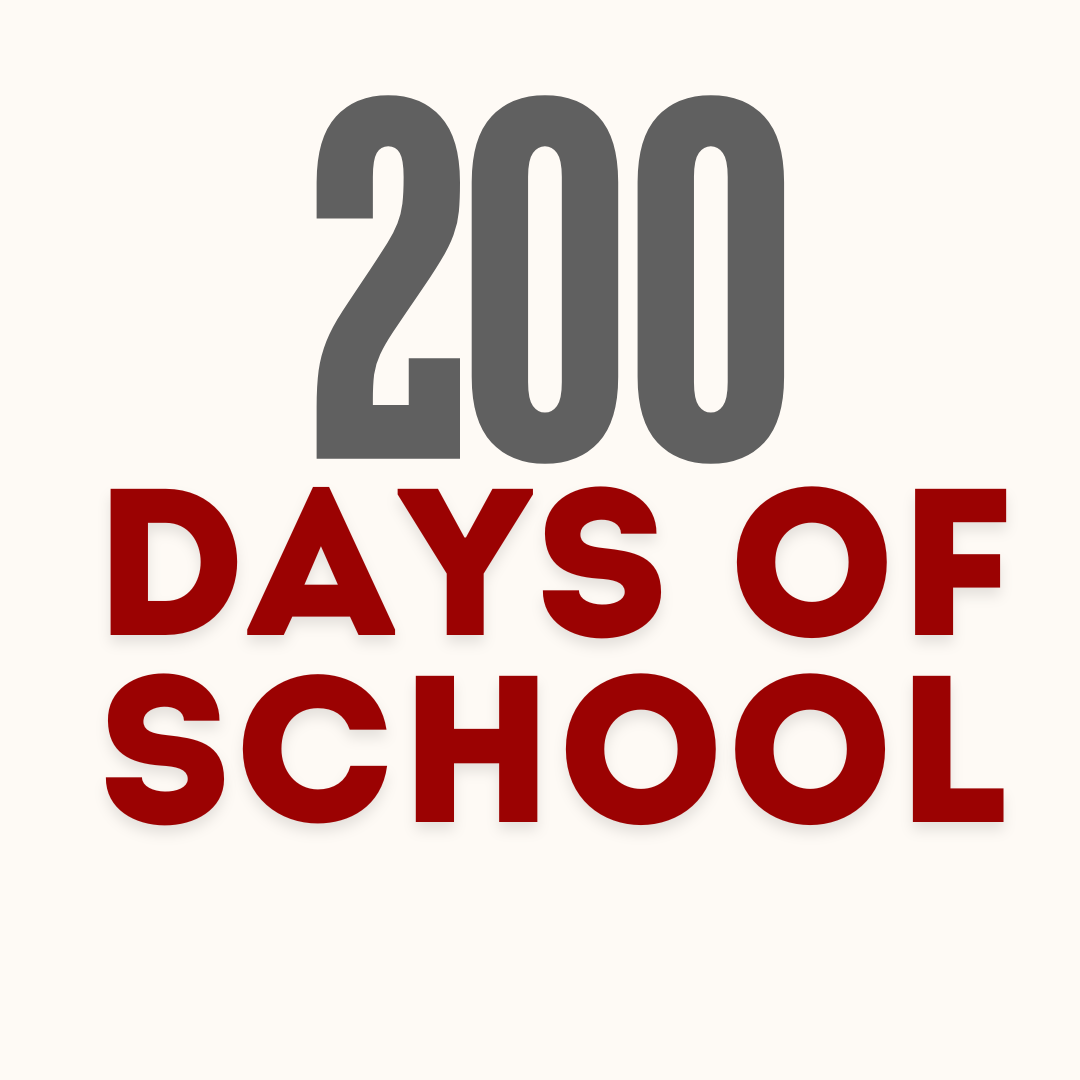According to the Honduran constitution, children should receive at least 200 days of class each year. In 2009, ASJ started advocating for the government to fulfill the right of Honduran children to receive the number of school days that the law stipulates. At that time, most people did not know that children should have at least 200 days of school. Through our persistent advocacy, we increased awareness not only for the Honduran public but also for education authorities. From the years 2002-2012, children only received an average of 120 days of school per year. Although Honduras had the highest budget for education in all of Latin America, it had the lowest test scores. This means it was investing the most out of neighboring countries, but reaping the lowest results. Our work, in collaboration with community partners, resulted in an increase of school days from 2013-2018, when children received an average of 218 days of school per year.
September 24, 2024
Our mission to seek justice for those who are in the most vulnerable circumstances in Honduras has led us to work in education, specifically on the strengthening of the public education system.
There are 2 million kids in Honduras who depend on the public education system.
For many years, we have been working with local community members to audit government services so we know what needs to be fixed and bring about institutional change in favor of Honduran children.
We continue to empower our Honduran brothers and sisters, and we continue to walk alongside them as we advocate for a more just education system in Honduras.

OUR WORK IN THE PAST
Increasing Number of School Days
Reducing “Ghost Teachers”
The Impact of Covid-19 on Education
OUR WORK IN THE PRESENT
Days of School
School Lunches
Textbooks, Infrastructure, and Qualified Staff
OUR WORK IN THE
FUTURE
There are 2 million kids in Honduras who attend public schools, and our team and volunteers remain passionate about seeking justice for them. We know there is still much work to be done, but we will continue to push for more school days, more school lunches, more textbooks, and better school buildings - because we know these things will result in higher test scores, healthier kids, and better life opportunities. We will continue to audit the system to fight corruption within it. We will continue to seek a more just education system where Honduran children can learn and thrive. Because all children deserve a good education, and Honduran children deserve a brighter future.

























